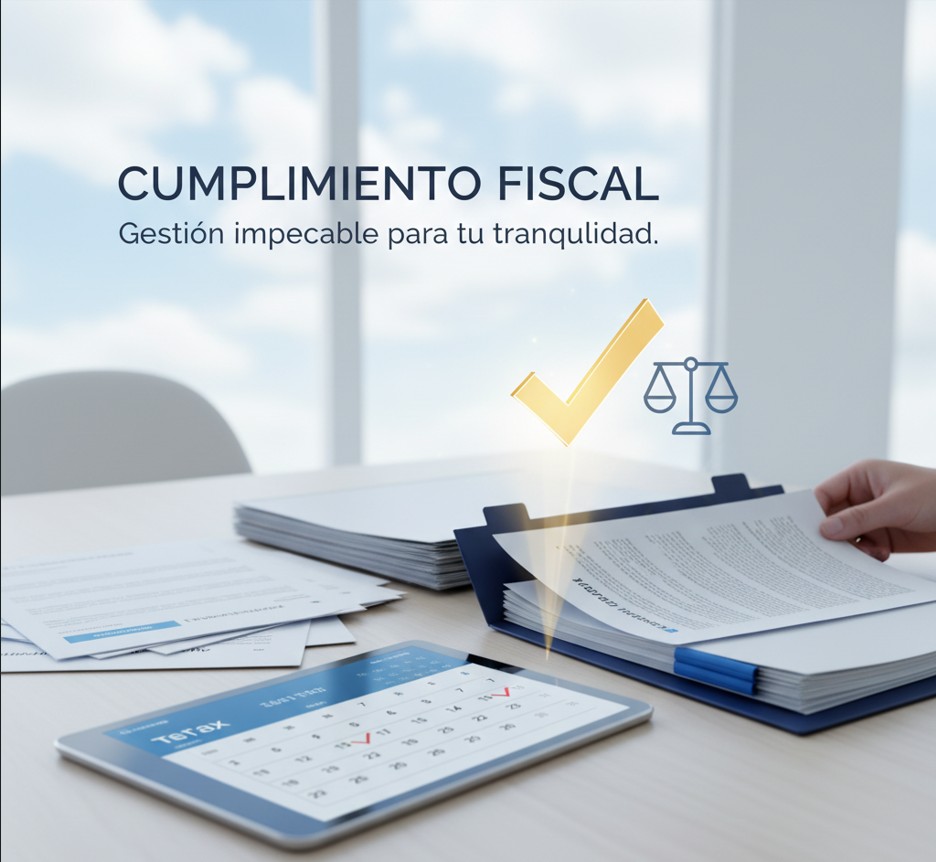
Real Estate Tax Management
We advise you on how to navigate the tax maze of property in Spain: taxes that can increase the cost by up to 25%. IBI, VAT, Transfer Tax, Income Tax, Wealth Tax, and Inheritance Tax. Optimize your costs with the experts at VVP Asociados!

Real Estate Taxation in Spain: A True Fiscal Labyrinth
Have you ever wondered how much of what you pay for your home goes to public coffers? If the answer is yes, prepare for a fact that will make you think: the tax burden on housing in Spain can increase its final cost by up to 25%. Yes, you read that right. Being a homeowner in our country is, in many cases, synonymous with facing one of the most burdensome real estate tax systems in the entire European Union.
What Taxes Affect Real Estate?
The complex tax network on properties in Spain generates more than 52 billion euros annually in tax revenue, representing approximately 3.5% of our GDP! But who are the main players in this collection?
-
IBI (Impuesto de Bienes Inmuebles - Property Tax): The King of Collection.
This municipal tax collects the most money within the real estate sector, contributing nearly 30% of the total. -
IVA (Impuesto sobre el Valor Añadido - Value Added Tax): 10% on New Homes.
When acquiring a new-build home, VAT takes second place in collection, with a rate of 10%. -
ITP (Impuesto sobre Transmisiones Patrimoniales - Property Transfer Tax): The Cost of Second-Hand.
With a general rate around 11%, Spain is among the countries with the highest rates in the EU, only surpassed by Belgium and the United Kingdom. And be careful, because this tax varies by autonomous community, reaching up to 13% in regions like the Balearic Islands, or 11% in Catalonia, Valencia, and Extremadura, compared to 6% in Madrid or Navarre. -
IRPF (Impuesto sobre la Renta de las Personas Físicas - Personal Income Tax): Much More Than an Annual Declaration.
Here we find several surprises:-
Imputation of Real Estate Income: The mere possession of a second residence that does not generate income (i.e., not rented out) already implies additional taxation in the IRPF. We pay taxes for owning it, without even obtaining a direct benefit!
-
Capital Gains on Sale: When selling a property, Spain applies a maximum marginal rate of 30% on capital gains, well above the European average (16.4%). Furthermore, a critical point: gains are calculated on the nominal value of the asset, without adjusting for inflation, which means we may be paying taxes on a "gain" that, in real terms, is not such.
-
-
Impuesto sobre el Patrimonio (Wealth Tax): A European Rarity.
Along with Norway and Switzerland, Spain is one of the few countries that applies this tax on net wealth, adding another layer of taxation to large real estate fortunes. -
Impuesto sobre Sucesiones (Inheritance Tax): An Inherited Cost.
Spain leads the list with the highest maximum tax rate in Inheritance Tax, reaching a surprising 87.6%. This far exceeds the European average (around 35%) and places our country as the one imposing the highest tax burden in this area, even above Belgium (80%) and France (60%). Here, again, regional variability plays a crucial role, with regions like Madrid offering significant bonuses.
Madrid: A Fiscal Oasis for the Real Estate Sector
It is undeniable that the Community of Madrid stands out for applying lower regulatory tax pressure, which has proven to be a driver for generating a greater number of real estate transactions and attracting investment. A clear lesson on how fiscal policy can directly influence market activity.
What Does Our Firm Offer You?
Housing taxation in Spain is a complex issue that requires expert analysis. Understanding these taxes is the first step to making informed decisions in the real estate market.
At VVP Lawyers and Associated Economists, we have expert advisers in real estate taxation. We have many years of experience in the field, and we make sure you comply with all legal requirements while paying as little as possible to the Tax Office.






